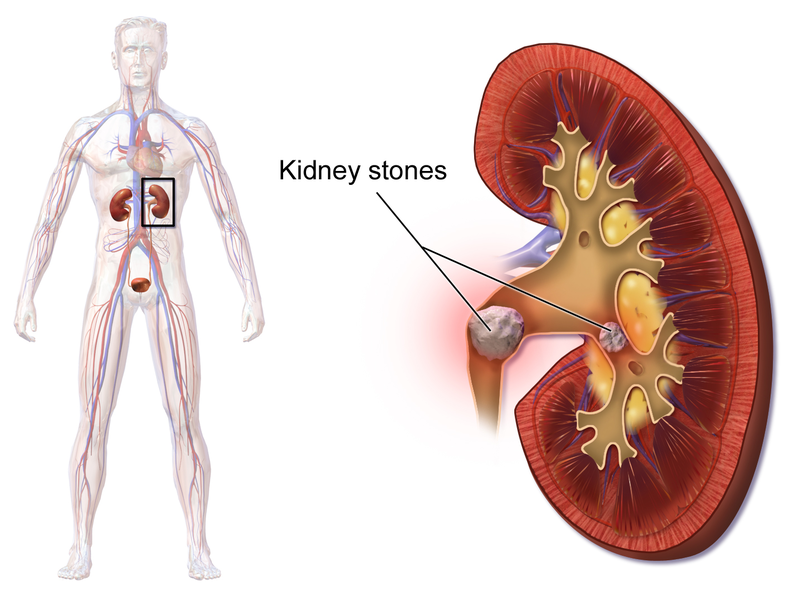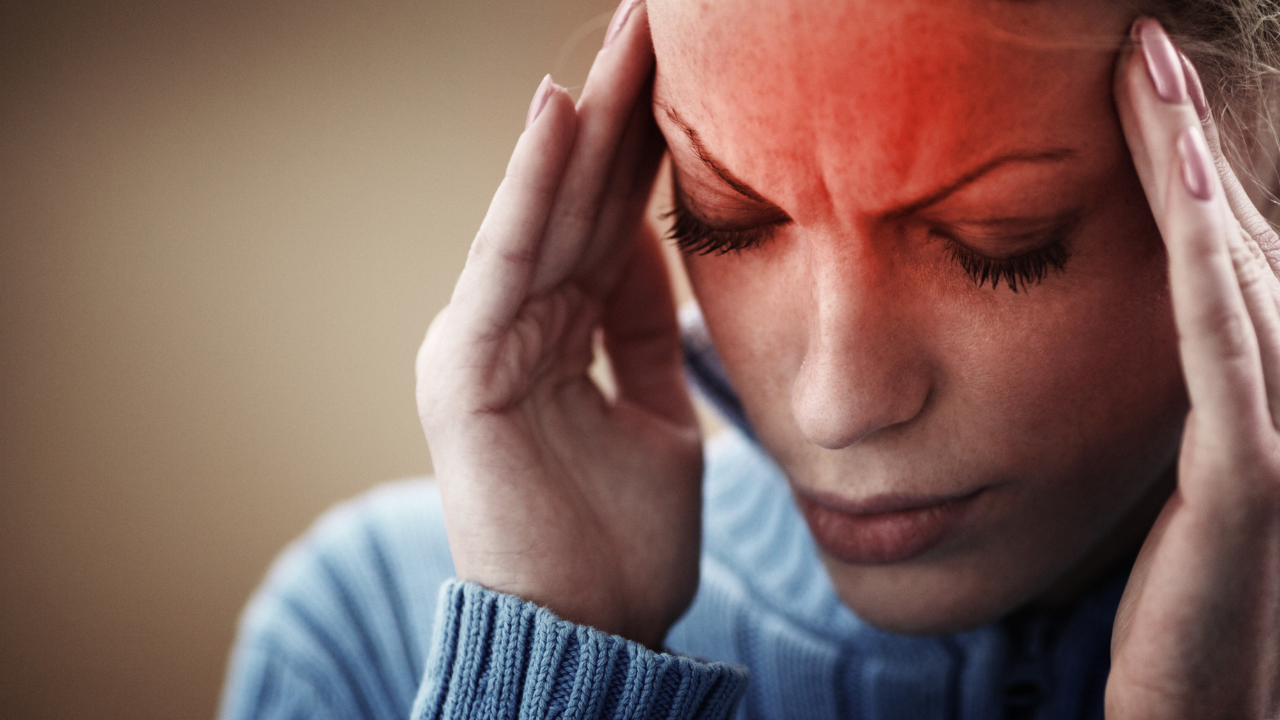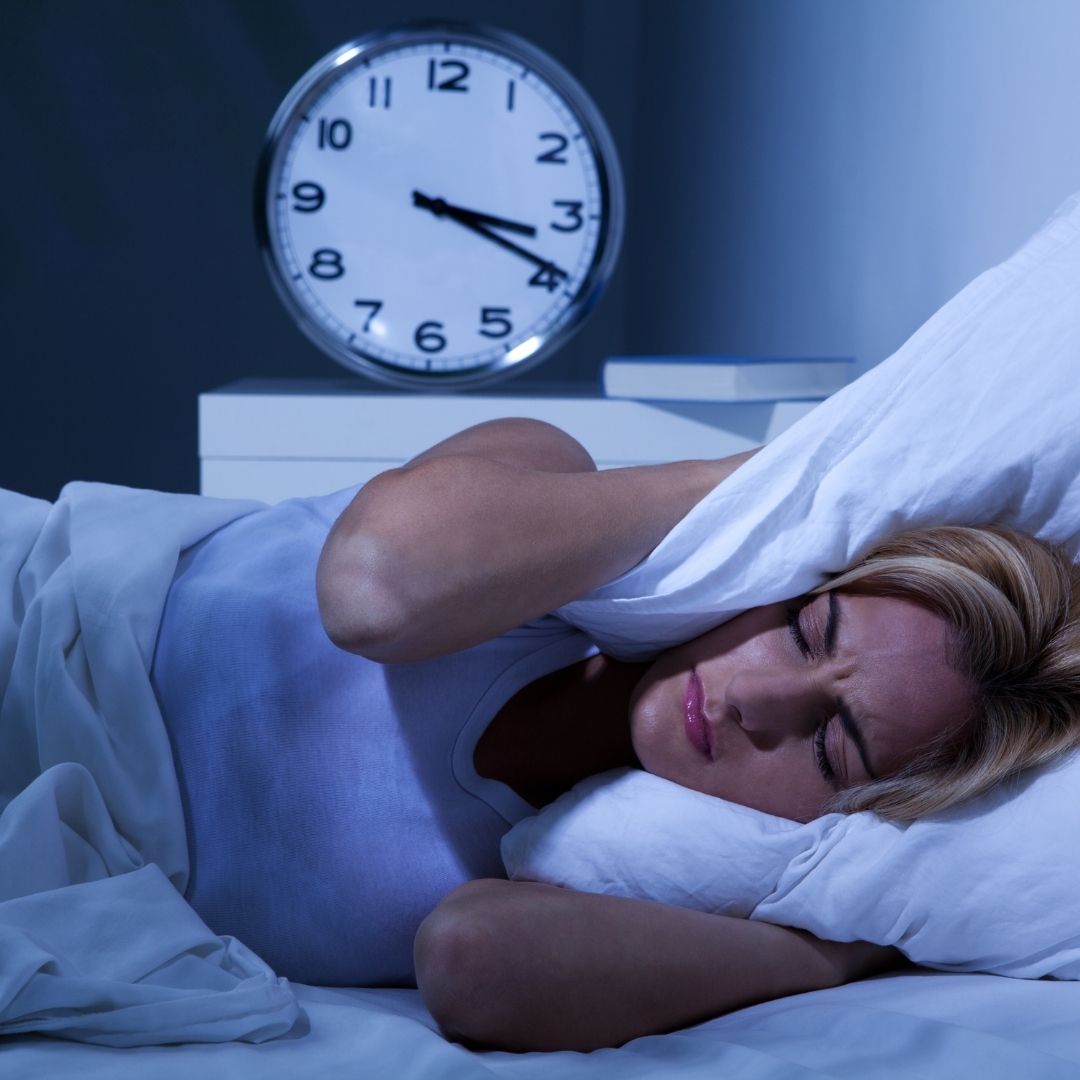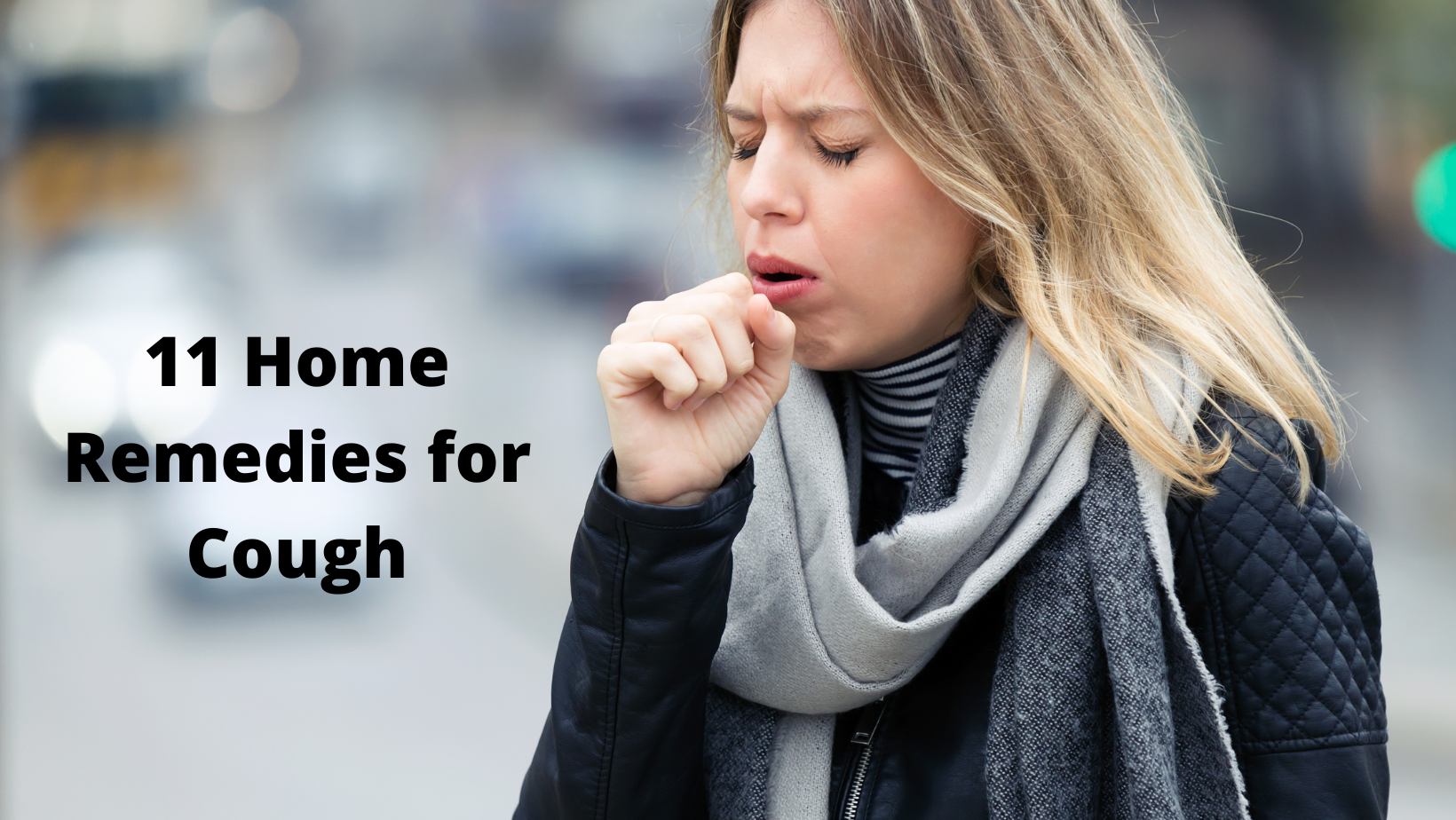Home Remedies for Kidney Stones
The function of the Kidneys is to maintain the water and electrolyte balance of the body. Electrolytes are composed of calcium, bicarbonates etc. salts in the body. The kidneys conserve the amount of water needed and excrete the salts not required.
At times this excretion gets affected by changes in climate and diet, physical activity and hormone disorders, which effects calcium metabolism which can cause kidney stones.
Causes and symptoms of kidney stones

One of the causes could be not drinking enough water or eating too much protein in the diet and also not having enough vegetables.
The concentration in solute increases, these urinary solutes have certain proteins that combines with calcium to form insoluble complexes that may result in the formation of the stone.
However, nature has an inbuilt balancing mechanism in the form of certain citrates present in the urine that will help dissolve these insoluble complexes. But if there is hormonal imbalances, the urinary excretion of Citrate decreases. This predisposes to stone formation. Seventy per cent of stones are calcium oxalate or calcium phosphate stones.
The symptoms of kidney and bladder stones are pain in the lower back, just below the rib cage. This may radiate from the back to the front, into the loins. The pain is worse when there is movement. Stones that are small and have travelled into the uterus will cause pain in the loins.
The patient doubles up with pain, and there may be blood in the urine. It is difficult to pass urine, and passing a drop causes sharp pain. However, stones which have reached the bladder may remain silent causing no symptoms.
Sometimes there is mild irritation inside the bladder that causes no pain, and the patient feels like emptying his bladder all the time.
Home remedies for kidney stones
Once it has been diagnosed, constant supervision is needed to avoid recurrence of stone formation. Drink plenty of fluids, especially water. Aim to drink at least 2 and a half litres of water every day.
1. nutrition
1) Go slow on calcium-rich foods. Do not eliminate them completely but restrict your intake of milk and dairy products.
2) Cut out on oxalate-laden food like beets, oranges, rhubarb, Jambul, green peppers, spinach, strawberries, chocolate, peanuts etc.
3) Eliminate or reduce your intake of caffeine, fizzy drinks, refined carbohydrates (white flour and sugar) and alcohol, they all increase the loss of calcium.
4) Restrict your high-protein intake such as meat, poultry, fish etc.
5) Increase your vitamin-A intake, but do not overload the system.
6) Celery water and celery soup taken daily prevents stone formation in those prone to kidney stones.
2. white radish
White radish should form a part of daily diet as it helps in the excretion of calcium oxalate from the body. Drinking it at least 2-3 times a week. One of the very old and effective home remedies for kidney stones.
3. green GRAM
Drink soup made with green gram. Take a tablespoon of green gram, boil it in litre of water till three fourth remains. Filter, drink this in divided doses daily.
4. LINSEED/ FLAXSEED
Take a tablespoon of linseed. Crush them in a litre of water till three-fourth remains. Strain it and add a teaspoon each of lemon juice and honey. Drink this 2-3 times a day. This is one of the effective home remedies for kidney stones.
5. FIGS
Three to four figs, boiled with a teacup full of water should be taken daily for a month. The figs too should be eaten.
6. HOLY BASIL JUICE
The other home remedies for kidney stones is to take the teaspoon of holy basil juice, with a teaspoon of honey in a glass of water, taken daily for 2-3 months will dissolve and expel the stone.
7. MELON SEEDS
Melon seeds, ground to a paste with water, take one and a half spoon daily in early mornings for seven days, help in renal stones.
8. Magnesium
Supplementation with magnesium citrate helps in keeping the calcium in the bones, take at least 300 mg of magnesium citrate daily.
9. therapies
The therapies, which helps in kidney stones are doing a kidney detox, it helps in clearing the kidneys, hydrotherapies like wet packs and also applying hot packs to lower back helps in reliving the pain. Applying castor oil packs on the front, sides and back helps in detoxing the kidneys.



